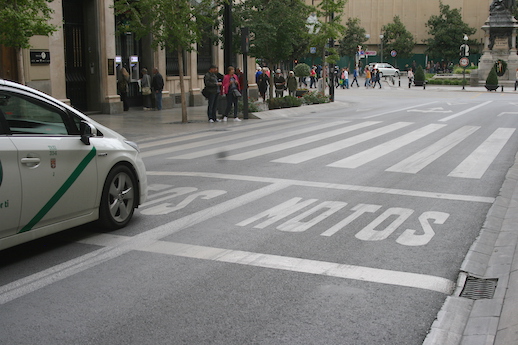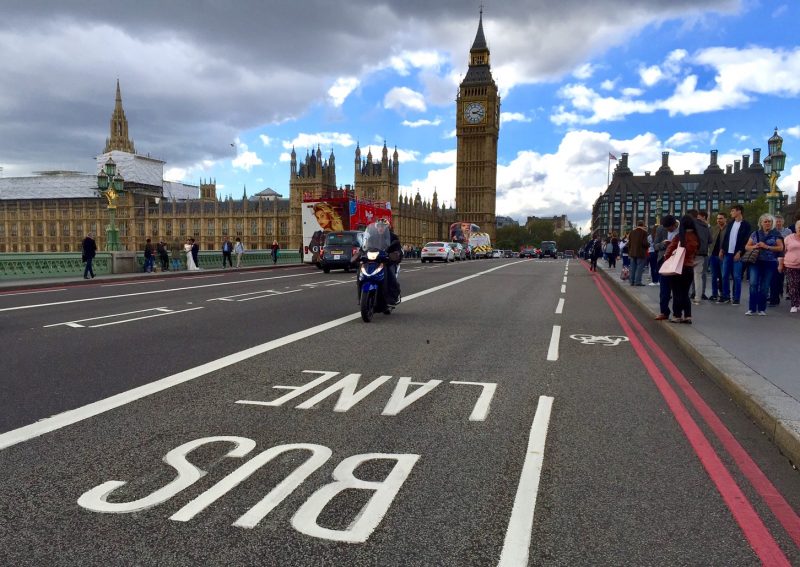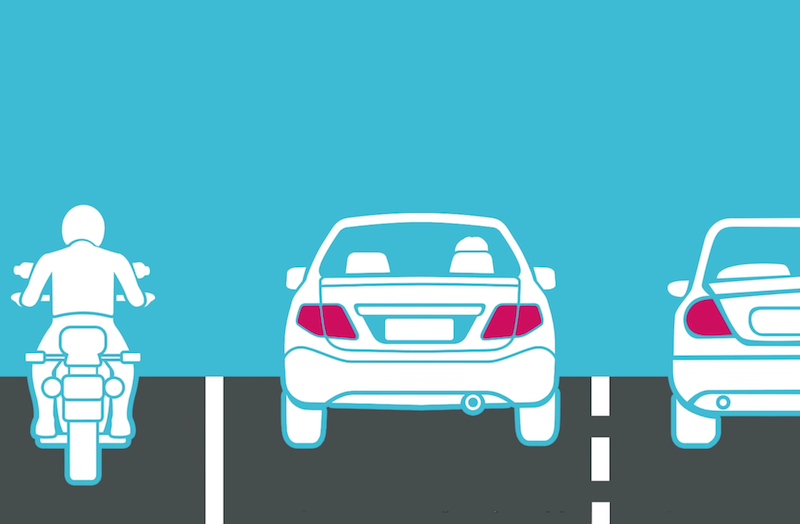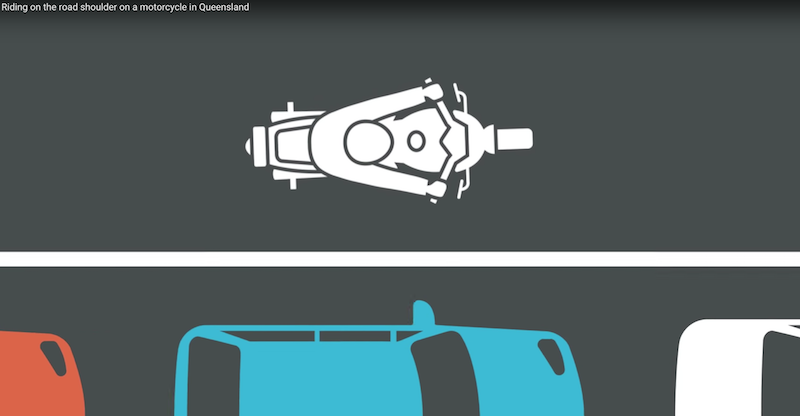Motorcycle riders should be able to filtering between traffic and the kerb like cyclists, lane filtering fines should be lowered and demerit points scrapped, says a Victorian rider group.
In its submission to the National Transport Commission over harmonising Australia’s Road Rules, the Independent Riders Group says the Victorian lane filtering laws “make most sense to experienced riders”.
The Motorcycle Council of Australia, Ride to Review and Maurice Blackburn Lawyers have also made submissions in areas of the road rules that affect riders: harmonising lane filtering rules, motorcycle control and helmet compliance.
Lower penalties
IRG submission author Damien Codognotto says states should follow Victoria with lower lane filtering fines ($159) and no demerit points.
In NSW, riders can be fined $659 and three demerit points (but no double demerits) for lane filtering breaches.
In Queensland the fine is $341 and three demerit points and in South Australia it’s $363 and three demerit points.
Western Australia and Tasmania are about to introduce lane filtering rules, but no fines or penalties have yet been approved.
The ACT is still trialling lane filtering and is likely to introduce it soon. No fines apply yet.
“Victoria’s penalties for offences related to motorcycle & scooter traffic filtering are reasonable,” the IRG submission says.
“Penalties should be low and not include demerit points because increased risk from lane filtering has never been demonstrated. It is vital to reduce traffic congestion in Australian cities.”
While the sentiment is no doubt welcomed by riders, it’s not in the jurisdiction of the Australian Road Rules as the states apply the fine schedules.
It’s certainly a cause worth championing and making public. Fines for the same offence shouldn’t be so varied between states.
Kerbside filtering
The IRG submission also suggests the Australian Road Rules recognise that motorcycles and scooters can “safely filter on the left side of a highway or road, where the speed limit is 80km/h or higher, when the traffic is stationary or slow moving and it is safe to filter”.
In Queensland, riders are allowed to “edge filter” on roads marked at 90km/h or more. It is currently the only state to allow edge filtering.
“This is consistent with the principles of vulnerable road user traffic separation,” the IRG submission says.
“It is also the best way to keep traffic moving after a major event or in an emergency such as a crash where traffic congestion is a problem. An example where filtering on the left of a road works well is on Phillip Island in Victoria after motor sport activities at the world famous racing circuit.”
The IRG goes further by calling for kerbside filtering on all streets, something that is not allowed in any state.
“Bicycle riders are encouraged to do it. Motorcycle & scooter riders have done it safely in Melbourne for decades,” the submissions says.
“Motorcycles & scooters can be seen and heard by drivers and pedestrians as well as, or better than, bicycles. No safety problems have been demonstrated with this practice. “
Stop lines

The IRG wants special motorcycle forward stop lines at traffic lights so riders can filter to the front of the traffic as used in Europe.
Their submission points out that the stop lines are included in the “Motorcycles In Melbourne Plan”, saying they would make all road users in urban areas safer, especially pedestrians; improve traffic flow; and compliment bicycle stop lines, safety boxes, “which have worked very well for years”.
Bus lanes

Motorcyclists can only use bus lanes in NSW and the ACT, while it is a common practice in many cities around the world, including London.
The IRG points out in its submission that cyclists are allowed to ride in Melbourne’s bus lanes.
“Motorcycle & scooter riders should be permitted to travel in bus lanes and on tram ways when it safe to do so and provided riders do not delay buses or trams,” the submission says.
“The only exception in Melbourne being the Hoddle Street inbound bus lane where a trial has been ongoing for years. There have been no delays for buses or safety problems.”



